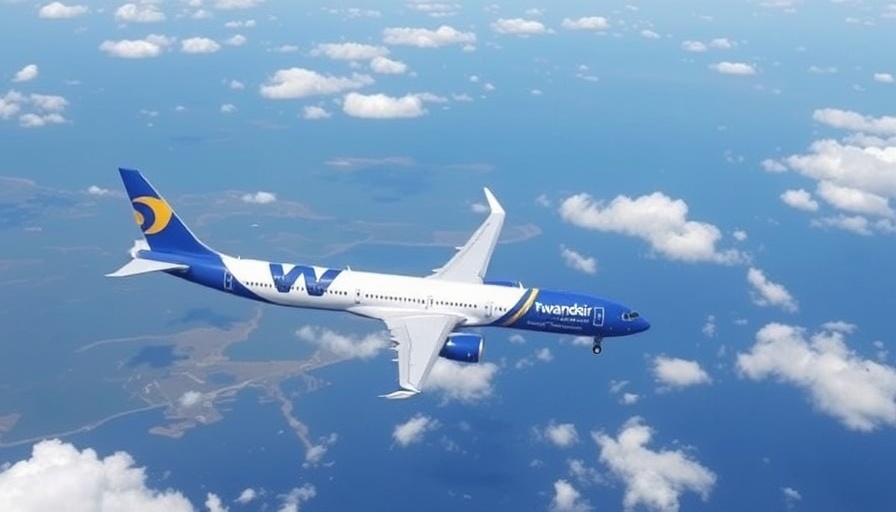
RwandAir Shifts Its Focus: Abandoning West Africa for Coastal Destinations
In a significant strategic shift, RwandAir has recently announced its decision to cease operations on various routes serving West Africa, redirecting its resources and focus towards popular beach destinations such as Mombasa and Zanzibar. This move is indicative of broader trends in the aviation and tourism sectors across Africa, where airlines are increasingly pivoting to capitalize on the growing appeal of coastal tourism.
Understanding RwandAir’s Decision in the Broader Context of African Aviation
The aviation industry in Africa is witnessing robust growth, buoyed by rising intra-regional travel and tourism demand. By abandoning less profitable West African routes, RwandAir aims to streamline its operations and enhance profitability in an increasingly competitive market. This strategy aligns with similar approaches adopted by other African airlines that prioritize routes with higher passenger volume and revenue potential.
The Impact on Trade and Economic Dynamics in West Africa
While this move enhances RwandAir's operational focus, it raises questions about future connectivity in West Africa and its implications for regional trade. The decision could deter the movement of goods and services within the region, heightening challenges for trade-dependent economies. As noted by various aviation analysts, diminishing air connectivity can adversely affect economic growth prospects and hinder the region’s integration into the broader African economy.
Global Context and Future of RwandAir and African Aviation
As geopolitical dynamics ebb and flow, RwandAir’s pivot comes at a time when African nations are realigning their economic strategies towards tourism and trade diversification. This decision also reflects a larger narrative concerning Africa’s role in global trade, especially as countries seek to establish economic resilience and reduce dependency on external markets.
Ultimately, RwandAir’s focus shift to Mombasa and Zanzibar illuminates the evolving landscape of African air travel, signaling a trend where airlines must proactively adapt to market demands. Business leaders, policymakers, and investors should take note of these changes as they navigate the complexities of the African economy and its shifting dynamics.
For those closely monitoring Africa's evolving economy and strategic trends, it is essential to understand the implications of such shifts in the aviation industry. As RwandAir capitalizes on emerging tourism opportunities, the followers of Africa's commercial landscape must stay informed and responsive.
 Add Row
Add Row  Add
Add 


 Add Row
Add Row  Add
Add 

Write A Comment